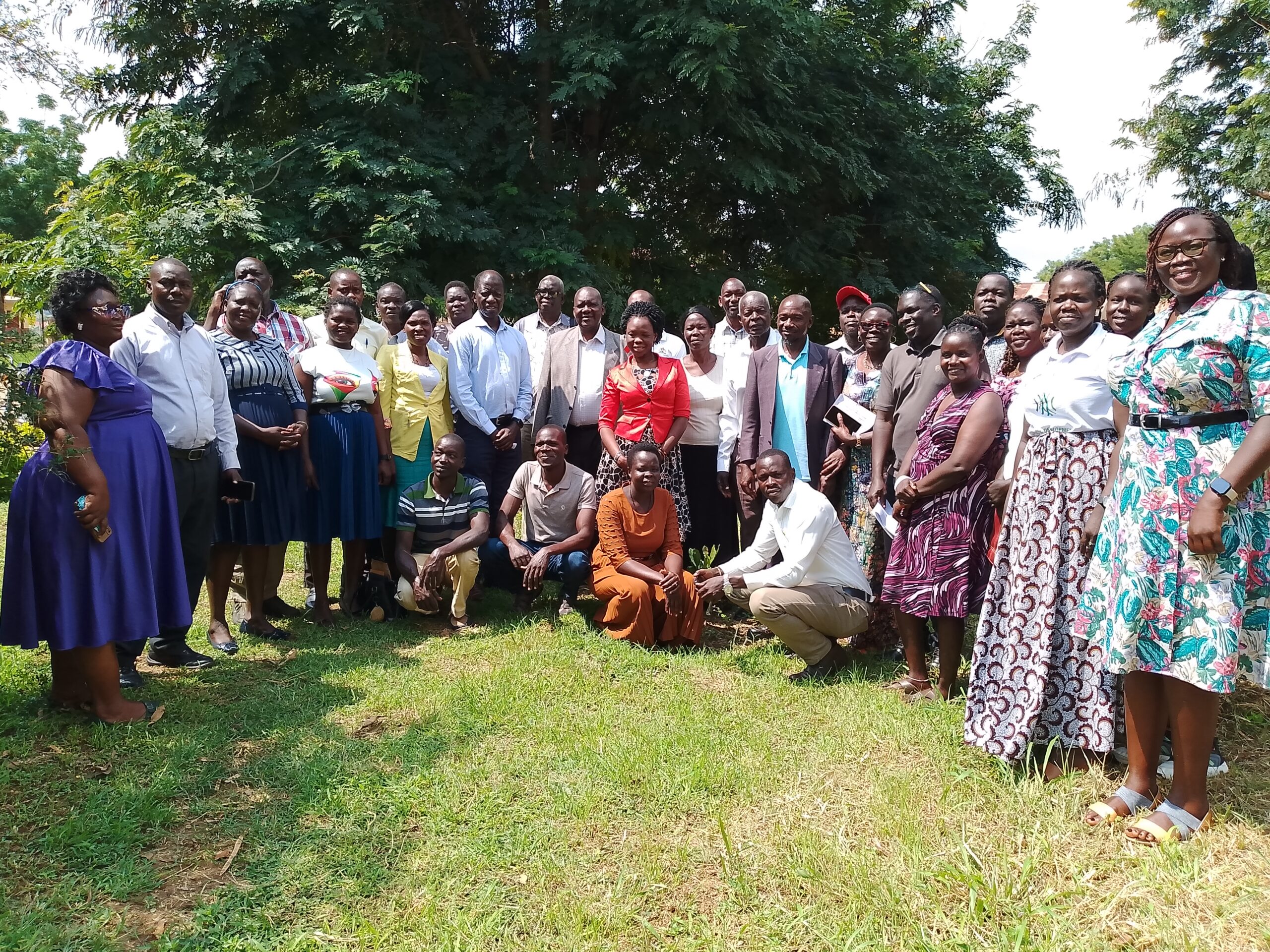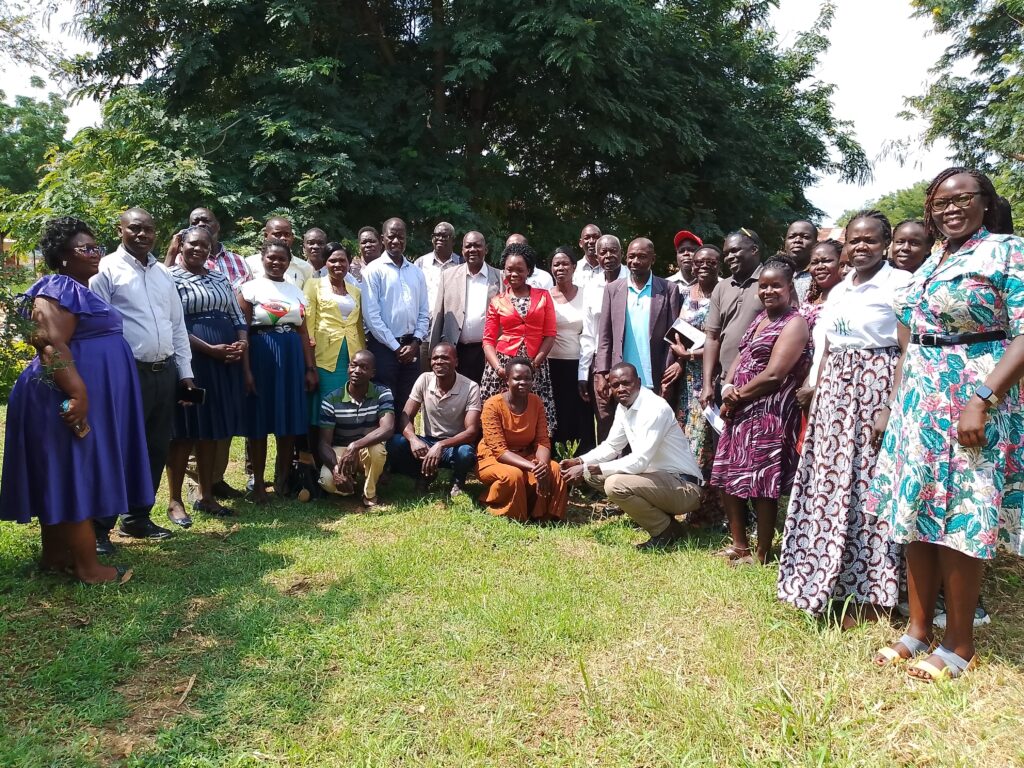
 Tembo FM
Tembo FM

 Tembo FM
Tembo FM
20 June 2025, 10:46 am

By Otim Moses
Farmers and stakeholders in the Acholi sub-region have raised concerns over several factors contributing to the high poverty rates in the area. These include climate change, population growth, traditional farming practices, malnutrition, and other socioeconomic challenges.
The concerns were shared during the presentation of a study conducted by WORUDET (Women and Rural Development Network) on the impact of commodity prices in fragile African states. The event was held in the RDC Boardroom in Kitgum Municipality on Wednesday, 18 June 2025.
The ongoing study, which began in September 2023, covers both the Acholi and Lango sub-regions. Its objective is to deepen understanding of the drivers and impacts of rising commodity prices, particularly on vulnerable population groups. The study also explores coping strategies employed by affected communities.
Findings from the study reveal that:
Dr Omoya Denis Osula, the District Health Officer (DHO) for Lamwo, emphasised the need to prioritise household productivity.
He stressed that every household should work towards ensuring food security for their families.
“In many homes with ten people, only two are providers. This makes the fight against poverty even more difficult,” Dr Osula noted.
Former Veterinary Officer Michael Oyat highlighted the link between food security and overall well-being.
“For someone to have a healthy body and mind, they must have access to adequate and nutritious food,” he said. “However, unpredictable weather continues to challenge timely garden preparation for planting.”
Oyat urged communities to plant more trees to attract rainfall, use drought-tolerant crops, and conserve indigenous seed varieties.
Kitgum District Community Development Officer, Prof Okello Jamea P’ Okidi, listed additional poverty drivers such as lack of agricultural knowledge, domestic violence, high education costs, climate change, and limited market access for produce.
He also noted that although the government has introduced several anti-poverty initiatives, such as the Parish Development Model (PDM) and climate-smart irrigation agriculture, many community members are not fully utilising these programmes.
WORUDET Executive Director Akullu Betty said the organisation will continue conducting the study with the aim of identifying practical solutions.
She called on communities to seek clean water sources independently instead of relying solely on government assistance or rainfall. She also emphasised the importance of preserving cultural seeds like sorghum, millet, and cassava for food security.
Additionally, Akullu appealed to local government actors to establish mechanisms for preventing Gender-Based Violence (GBV) and promoting community protection.
This includes community-based dispute resolution systems to help reduce domestic violence and the exploitation of vulnerable populations.